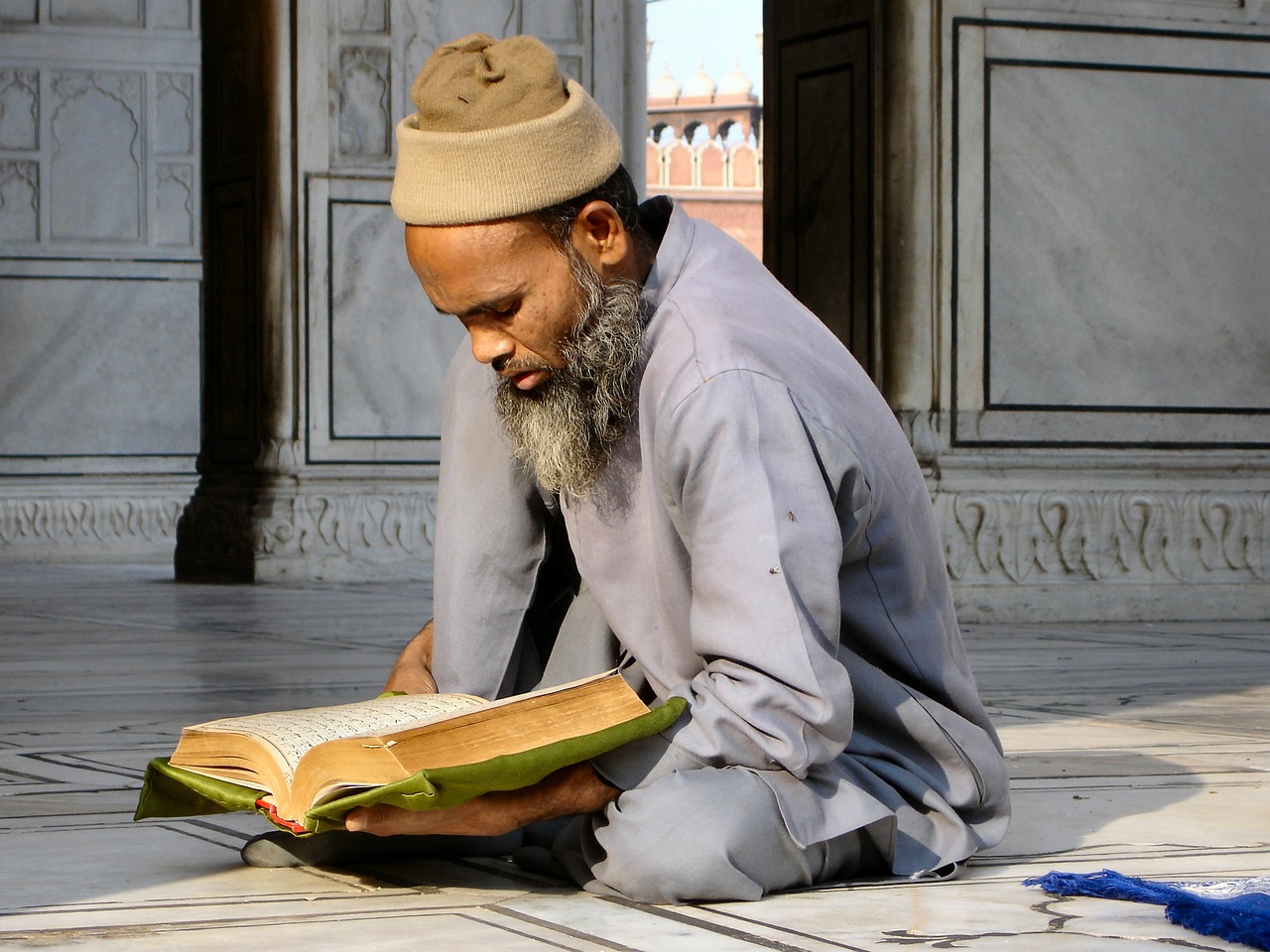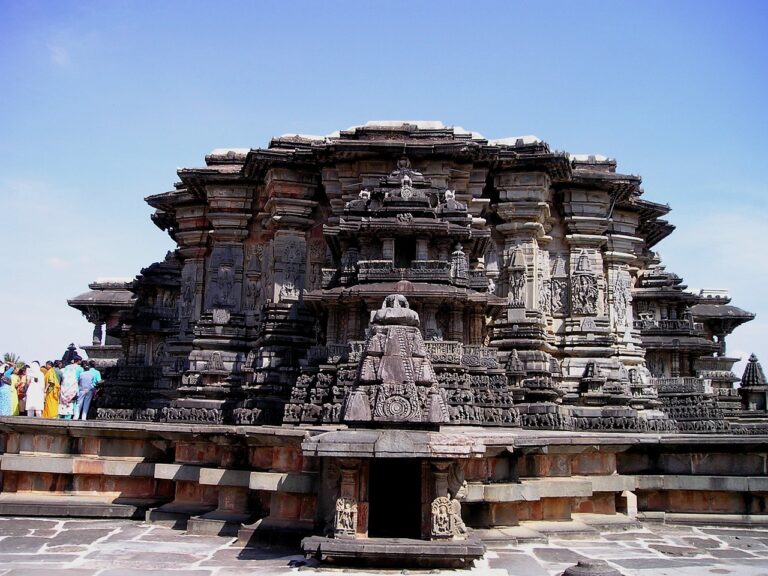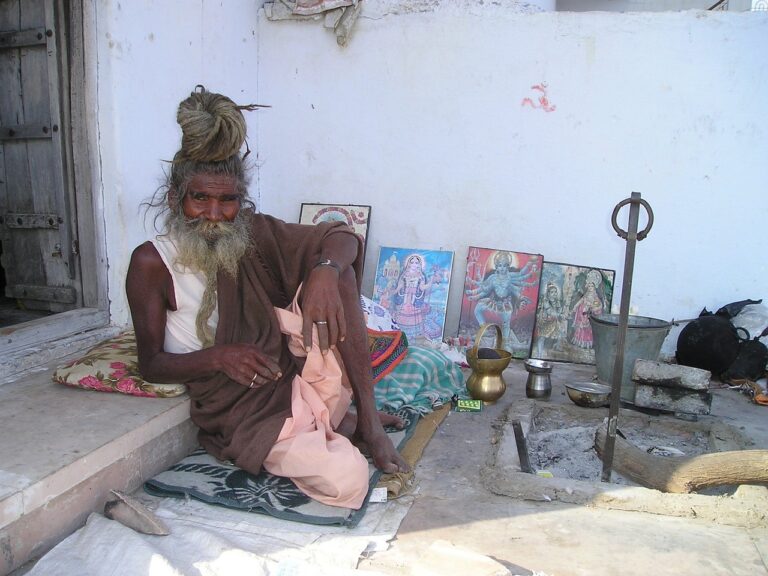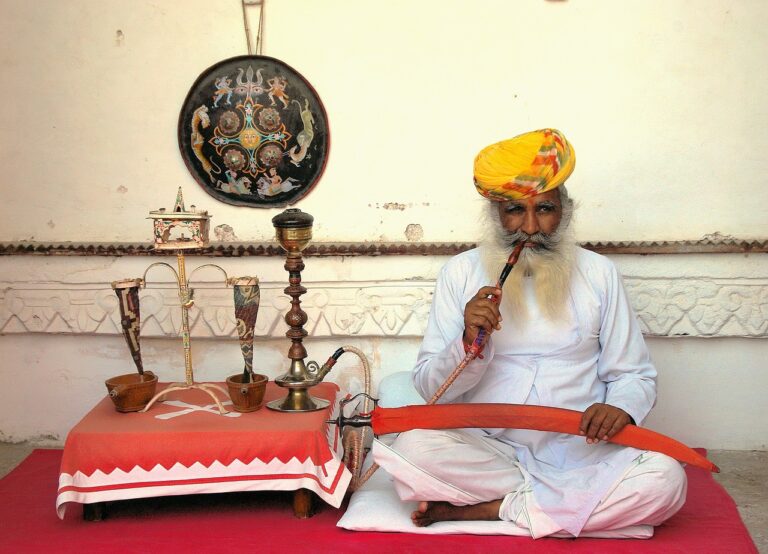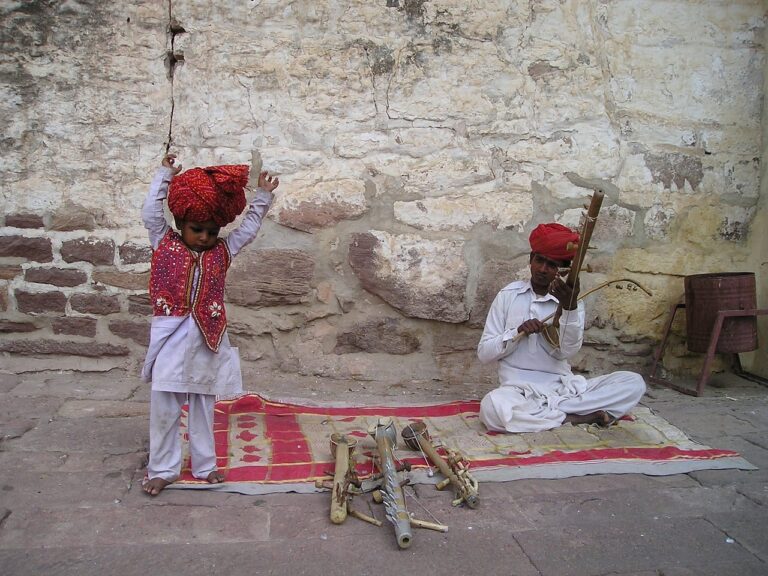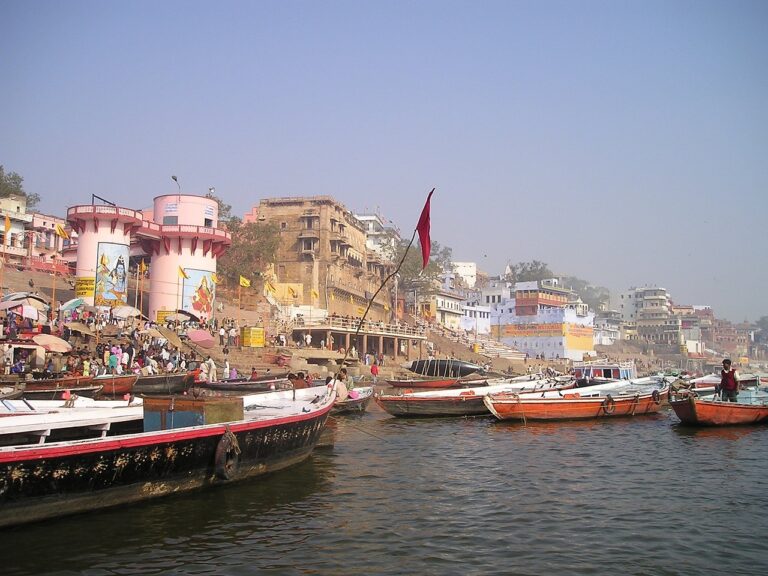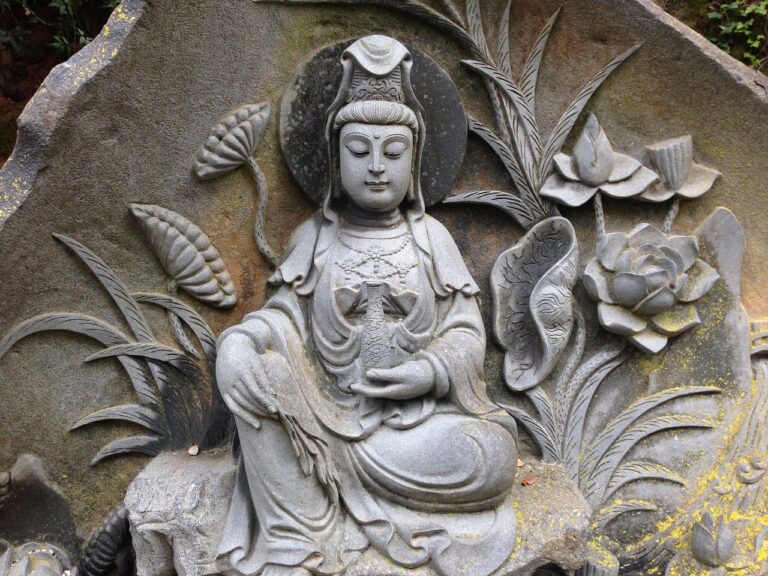Election Observation and Electoral Observation Tools
11xplay reddy login password, diamondexch9 id, skyexchange id:Election Observation and Electoral Observation Tools
Election observation plays a crucial role in ensuring the transparency and integrity of electoral processes around the world. By monitoring elections, observers can help identify irregularities, promote accountability, and provide recommendations for improving the electoral system. In this article, we will explore the importance of election observation, the tools and methods used by observers, and the impact of their work.
The Role of Election Observation
Election observation involves the monitoring of the entire electoral process, from the pre-election period to Election Day and post-election activities. Observers assess whether elections are conducted in accordance with national laws and international standards, such as those set forth by the United Nations and the Organization for Security and Cooperation in Europe (OSCE).
The presence of election observers helps deter fraud, intimidation, and other misconduct, as their presence can serve as a deterrent to parties and individuals seeking to manipulate the outcome of an election. Observers also provide an impartial assessment of the electoral process, which can help build public confidence in the integrity of the results.
Tools and Methods Used by Election Observers
Election observers use a variety of tools and methods to monitor elections effectively. These tools include checklists, questionnaires, and observation forms that help observers systematically document their findings. Observers also rely on interviews with election officials, candidates, and voters to gather information about the electoral process.
In addition to these tools, observers may use technology to enhance their monitoring efforts. For example, some organizations deploy Election Observation Missions (EOMs) that use mobile apps to collect and analyze data in real-time. These apps allow observers to report on electoral violations, monitor voter turnout, and track the distribution of election materials.
The Impact of Election Observation
The presence of election observers can have a significant impact on the conduct of elections. Studies have shown that when observers are present, there are fewer incidents of fraud and violence, and voters are more likely to trust the electoral process. Observers can also provide recommendations for improving the electoral system based on their findings, which can lead to legislative reforms and other changes that enhance the integrity of future elections.
In addition to their immediate impact on electoral processes, election observers contribute to the broader goal of promoting democracy and human rights. By monitoring elections and advocating for free and fair electoral processes, observers help strengthen democratic institutions and promote the rule of law.
Frequently Asked Questions
Q: Who can be an election observer?
A: Election observers can be representatives of domestic or international organizations, as well as individuals who are trained in election monitoring. Many organizations recruit and train volunteers to serve as election observers.
Q: What are the key principles of election observation?
A: The key principles of election observation include impartiality, independence, and professionalism. Observers must remain neutral and objective throughout the electoral process and adhere to a code of conduct that governs their behavior.
Q: How are election observation missions funded?
A: Election observation missions are typically funded by a combination of government contributions, private donations, and grants from international organizations. Some organizations also rely on in-kind contributions from volunteers and partner organizations.
Q: How can I get involved in election observation?
A: If you are interested in becoming an election observer, you can contact domestic or international organizations that conduct election observation missions. Many organizations offer training programs for volunteers and recruit observers for upcoming elections.
In conclusion, election observation plays a crucial role in promoting democracy and ensuring the integrity of electoral processes. By monitoring elections, observers help deter fraud and misconduct, provide impartial assessments of the electoral process, and contribute to the broader goal of promoting democracy and human rights. With the right tools and methods, election observers can make a meaningful impact on the conduct of elections and help build public confidence in the integrity of the electoral system.

